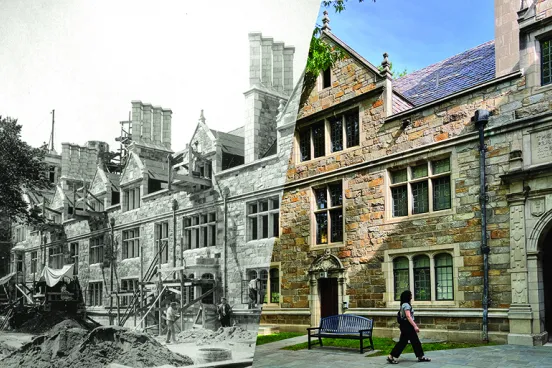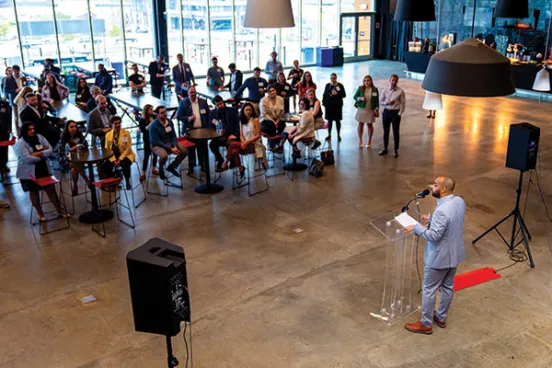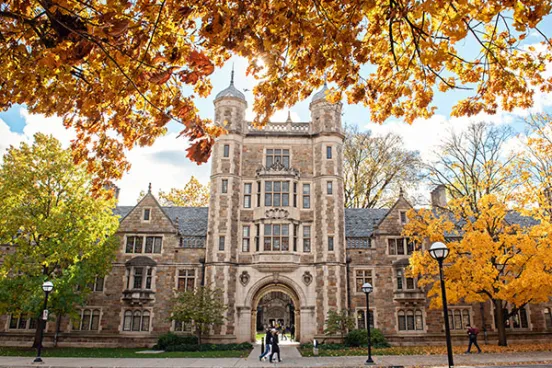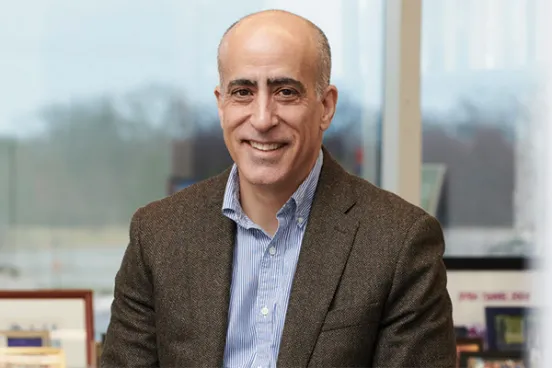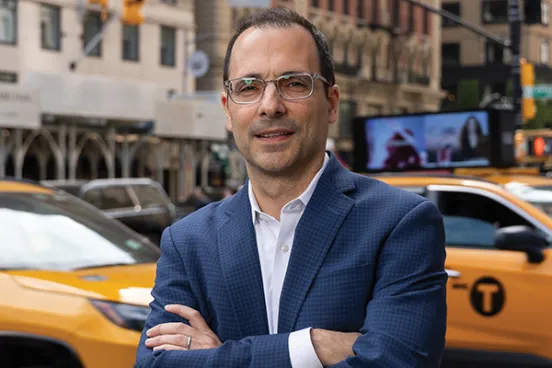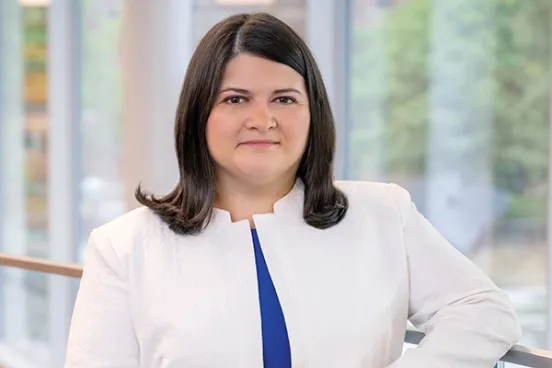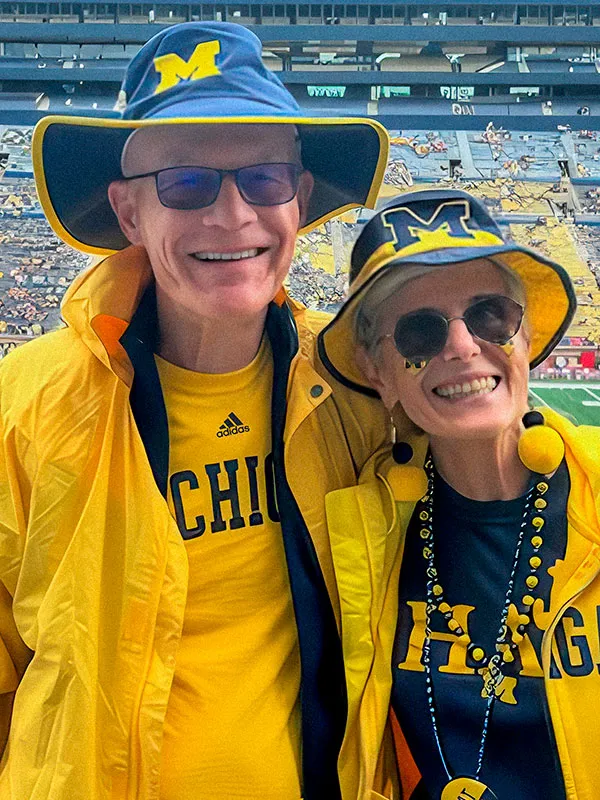
Bill Rainey, ’71, dreamed of being a lawyer as early as junior high. He realized that dream when he became the first person in his family to graduate from college and the first in his high school to attend an Ivy League institution. But he had to believe in himself to get there—no matter the obstacles.
“My father was a blue-collar man, and he said to me, ‘You’re way too honest to be a lawyer,’” he remembers. Throughout his career, Bill has taken pride in proving that an honest lawyer can be successful.
Born in Flint, Michigan, and raised in small towns in Oregon and Washington, Bill left the Pacific Northwest for Massachusetts to attend Harvard University, where he majored in US government. During his sophomore year, a chance encounter at a dance would become one of the most significant moments of his life: when he met his future wife, Cindy, a biology student at Wellesley College.
Cindy was born and raised in New Jersey and has long had ties to Michigan Law—her father, Cyril Hetsko, graduated from the Law School in 1936. Cindy’s mother helped support her father financially while he was attending law school, and Cindy later visited campus numerous times with her family when she was growing up. So when Bill graduated from Harvard and was accepted into Michigan Law, moving to Ann Arbor came with a sense of familiarity.
Bill and Cindy were married just after graduating from college and were placed in married student housing when they arrived in Ann Arbor. Like her mother before her, Cindy stepped up to support Bill while he attended the Law School. Cindy worked in a U-M pharmacology lab that was researching cancer drugs, where she had the opportunity to co-author three scientific papers.
“From what I earned at that job, we had to pay all our living expenses,” says Cindy. “We paid out-of-state tuition because, back then, to qualify for in-state tuition, the male head of the house had to work continuously for six months in Michigan. With Bill’s studies and the uncertainties of whether or not he’d be drafted, we couldn’t do that. And my being employed full time didn’t count.”
Bill Rainey, ’71Cindy and I could not have accomplished what we have if we were going through it today without financial assistance, so we believe it’s incumbent upon us to help the next generation achieve their goals.
Bill also found time to work outside of attending classes and studying, first as an assistant to a custodian on North Campus and later in the Law Library. “It was a way to contribute to what Cindy was making, which was our main livelihood at that time,” says Bill.
Upon graduating from Michigan Law, Bill took the New York State Bar exam before entering the US Army. After he completed his initial active duty commitment, he began his career in a Wall Street law firm. Five years later, the couple moved to Washington State, where Bill worked as a securities lawyer for Weyerhaeuser, a timber company, for 10 years. He went on to serve as vice president and general counsel for six different publicly traded companies until retirement, when they moved to central Oregon. There, they were involved in a variety of nonprofit endeavors, including establishing a scholarship fund for rural high school students in Oregon.
In 2014, Bill and Cindy moved to Tucson, Arizona, where they became active in the local community and developed an interest in astronomy. They have since taken trips to high-altitude observatories in Chile, become eclipse chasers, and established a scholarship with the University of Arizona Department of Astronomy.
They recently established another scholarship, this time with Michigan Law. Their initial gift of $100,000 will help law students fund their education—something they believe is increasingly important today.
“I could have never gone to college without a scholarship,” says Bill. “My parents couldn’t afford to pay anything toward my education. Cindy and I could not have accomplished what we have if we were going through it today without financial assistance, so we believe it’s incumbent upon us to help the next generation achieve their goals.”


